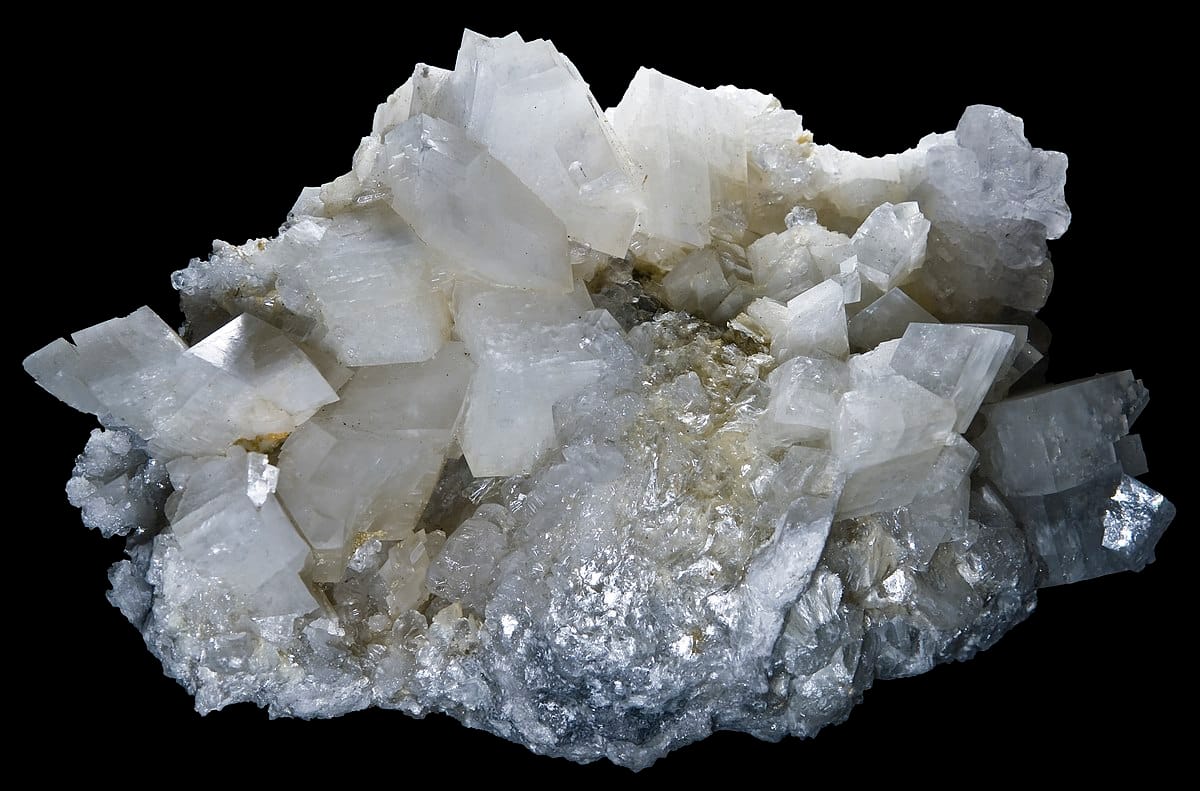Dolomite: Benefits, origin and use as a dietary supplement
Dolomite is a mineral rich in calcium and magnesium, often used as a dietary supplement for its many health benefits. But where does this mineral come from and how is it used? In this article, we'll tell you everything you need to know about dolomite.
Benefits of dolomite :
- Provides the body with calcium and magnesium
- Strengthens bones and teeth
- Reduces the risk of deficiencies in these minerals
- Improves muscle and nervous system health
- Promotes digestion and reduces gastrointestinal problems
- Boosts the immune system
- Reduces the risk of cardiovascular disease
Dolomite is an essential mineral for our health because it contains both calcium and magnesium, two minerals that are vital to our bodies. Calcium is necessary for the growth and strength of bones and teeth, while magnesium is involved in more than 300 biochemical reactions in our body, including muscle contraction and regulation of the nervous system.
Origin of dolomite :
Dolomite takes its name from the French geologist Déodat de Dolomieu, who discovered it in 1794 in the Italian Alps. It takes the form of a calcium and magnesium carbonate mineral, generally white, pink or grey in colour.
Its main deposits are in Italy, Switzerland, France, Spain and the United States. Dolomite is also found in certain sedimentary rocks and can be quarried for industrial use.
Use of dolomite in food supplement :
Dolomite is generally used as a dietary supplement for its health benefits. It can be taken in powder, capsule or tablet form.
It is recommended that you take between 1 and 3 grams of dolomite a day to reap its benefits. However, it's important to stick to the recommended doses and not take too much, as this can cause undesirable effects such as headaches, nausea and digestive problems.
Precautions for use :
Although dolomite is generally harmless to health, it is important to take a few precautions before using it as a dietary supplement. If in doubt, it is always advisable to consult a health professional.
Dolomite should not be used if you are allergic or hypersensitive to any of its constituents. People with kidney disease or heart disease should also avoid taking it without medical advice.
Scientific sources :
According to a study published in the Journal of Ayurveda and Integrative MedicineDolomite can help prevent calcium and magnesium deficiencies in children.
Another study published in the American Journal of Kidney Diseases shows that dolomite may be beneficial in treating patients with chronic kidney disease.
In short, dolomite is a food supplement rich in calcium and magnesium, which can be useful for strengthening our health and preventing certain diseases. Just make sure you follow the recommended doses and take the precautions for use into account.











